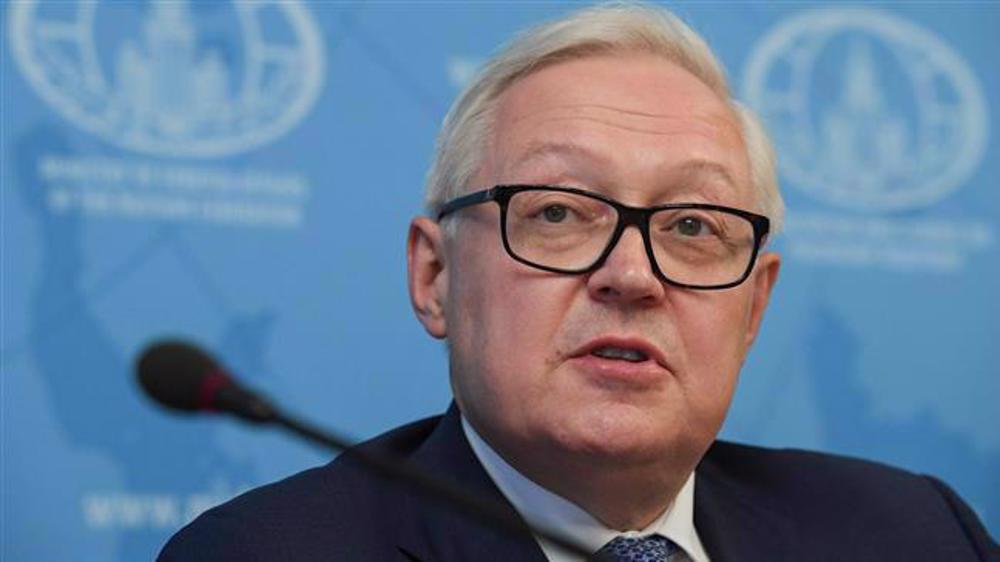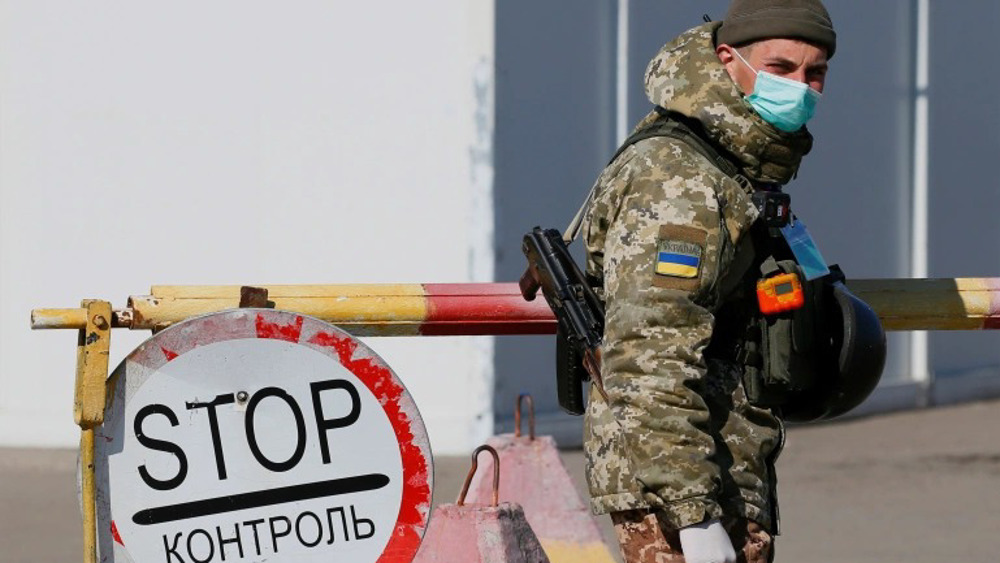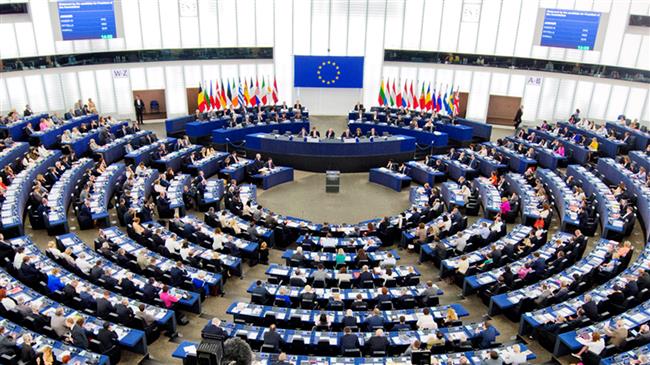Russia holds emergency talks with US over Ukraine’s Donbass region
Russian and US diplomats have held unscheduled bilateral talks to discuss ways of averting any potential clashes in eastern Ukraine, where a military buildup has occurred.
Russia's Deputy Foreign Minister Sergei Ryabkov said on Tuesday that Moscow had rejected as "unfounded" concerns raised by Washington over the situation in the eastern Ukrainian region of the Donbass.
"We have had contact with the US administration on the situation in the Donbass, and we have exhaustively explained to their side what is happening," Ryabkov said.
The Russian diplomat said Western rhetoric about Ukraine was striking an increasingly belligerent tone, and that "Washington should be concerned about the consequences of this coordinated policy."
US State Department earlier said that there were reports of Russian military movements near eastern Ukraine. Speaking during a press briefing on Monday, the department's spokesman Ned Price said the US would be concerned by any effort by Moscow to intimidate Ukraine, whether it occurred on Russian territory or within Ukraine.
Some NATO officials have also claimed that Moscow is undermining peace efforts in the restive Ukrainian region.
The Kremlin has said that recent Russian troop and military hardware movements near Russia's borders with Ukraine were aimed at ensuring Moscow's own security and posed no threat to anyone.
Kremlin spokesman Dmitry Peskov recently said that the deployments were in response to "increased activity of the armed forces of NATO countries, other associations, and individual countries."
Last month, a US cargo ship docked in Ukraine's Odessa port, delivering tons of military equipment and vehicles to the country's armed forces.
Ukraine also says NATO exercises will train troops for war with Russia.
Russia has warned that any attempt spearheaded by the West to start a new military conflict in Ukraine's war-torn east would culminate in the destruction of Ukraine. Russian Foreign Minister Sergei Lavrov raised the alarm on Thursday, after Ukraine's commander-in-chief accused Moscow of building up forces near their shared border and claimed that pro-Russian separatists were systematically violating a ceasefire in the Donbass.
Kyiv and Moscow have traded blame in recent weeks for a spike in violence in the Russian-speaking Donbass region, where Ukrainian troops and pro-Russian forces have fought a conflict that has killed 14,000 people by Ukraine's estimate since 2014.
The conflict began when a wave of protests in Ukraine overthrew a democratically-elected pro-Russia government and replaced it with a pro-West administration. The majority of the residents in those areas refused to endorse the new administration.
That new government then began a crackdown on the mainly ethnic Russians, who in turn took up arms and turned the two regions of Donetsk and Lugansk — collectively known as the Donbass — into self-proclaimed republics.
Kiev and its Western allies accuse Moscow of having a hand in the crisis. Moscow, however, denies the allegation.
Relations between Moscow and Kiev further deteriorated when the Black Sea peninsula of Crimea joined Russia following a referendum in 2014. More than 90 percent of the participants in the referendum voted in favor of that unification.
Later in 2015, the two sides signed a ceasefire deal in the Belarussian capital, Minsk, with French and German support, but both parties have on numerous occasions accused each other of violating the ceasefire.
Russia has accused Ukraine of failing to implement agreements over the region.
‘All wars have rules. All of those rules have been broken’ by Israel
VIDEO | Report flags India’s violation of rights of Rohingya detainees
Turkey's foreign minister meets Syria's de facto leader in Damascus
'Next to impossible' to rescue patients from Gaza's Kamal Adwan Hospital: Director
VIDEO | Vietnam current prosperity
Report blames gasoil exports for shortage at Iranian power plants
VIDEO | Hind Rajab Foundation names Israeli war criminals vacationing after Gaza genocide
VIDEO | Australians rally for Gaza ahead of Christmas festivities















 This makes it easy to access the Press TV website
This makes it easy to access the Press TV website